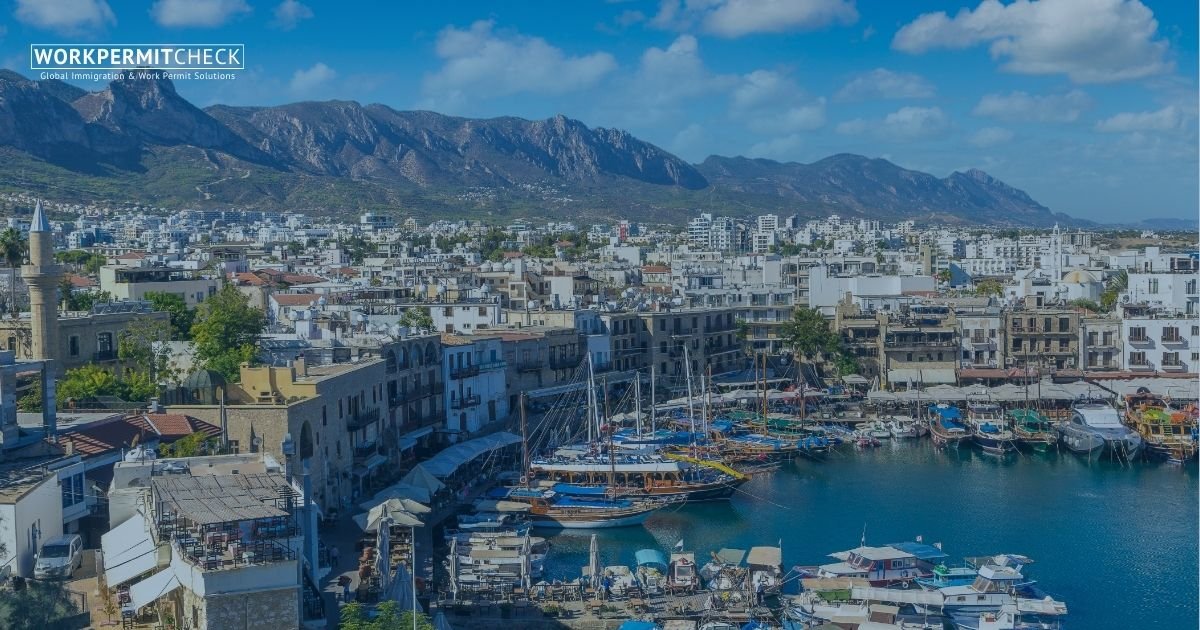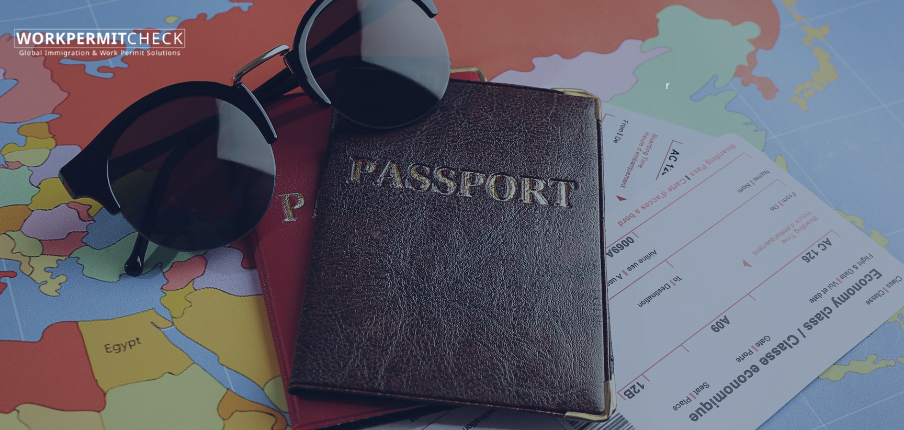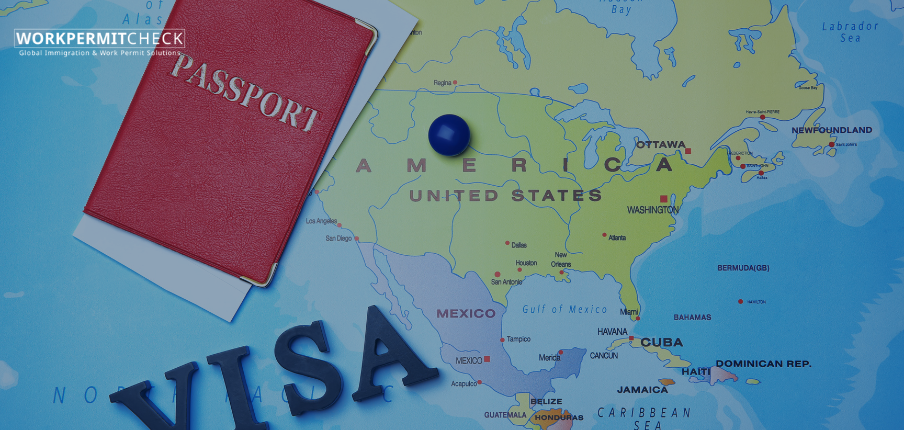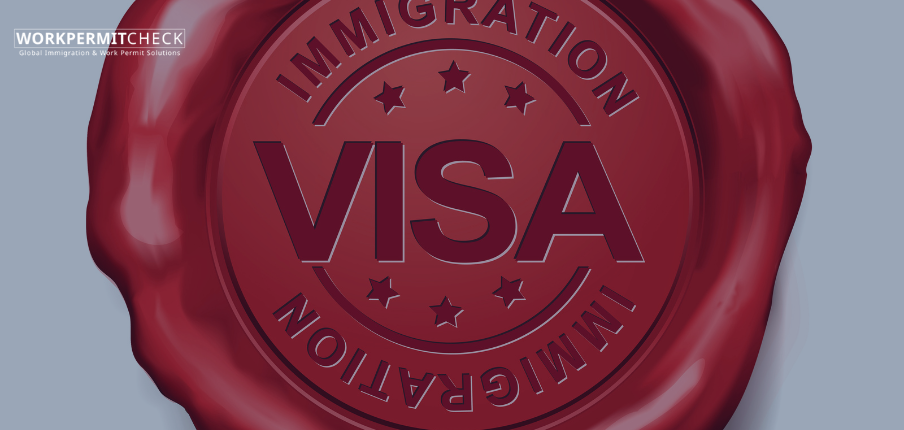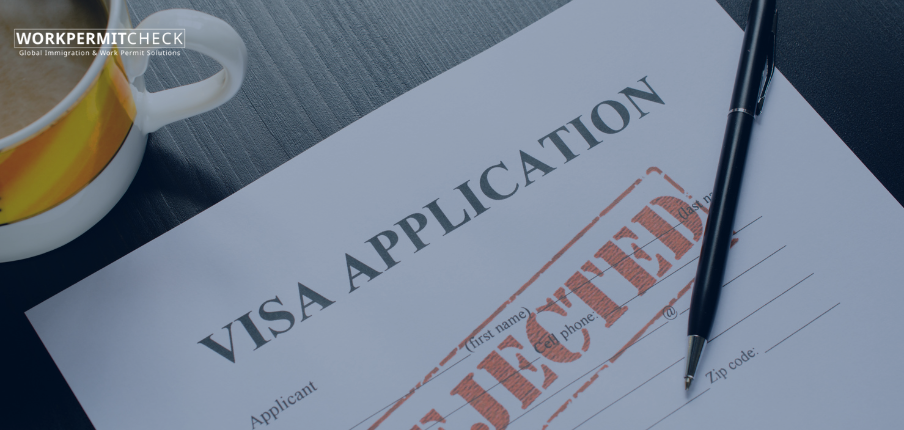Introduction
Ireland is a popular destination known for its scenic landscapes, rich culture, and welcoming atmosphere. Whether you're planning to visit for tourism, business, study, or to join family, it's essential to understand Ireland’s visa policy before booking your trip. Unlike many other European countries, Ireland is not part of the Schengen Area, which means its visa rules are different. In this blog post, we’ll walk you through the key factors that determine whether you need a visa to enter Ireland and how the process works.
Is a Visa Required to Enter Ireland?
Whether or not you need a visa to travel to Ireland depends on several factors:
-
Your nationality
-
The purpose of your visit
-
The length of your intended stay
Citizens of some countries can enter Ireland without a visa for short stays, while others must obtain a visa in advance.
Who Does Not Need a Visa?
You do not need a visa to enter Ireland if you are:
-
A citizen of the European Union (EU), European Economic Area (EEA), or Switzerland
-
A citizen of certain visa-exempt countries, such as:
-
United States
-
Canada
-
Australia
-
New Zealand
-
Japan
-
South Korea
-
Most South American countries (e.g., Argentina, Brazil, Chile)
-
United Kingdom (visa-free but no longer under EU free movement rules)
-
These individuals can typically enter Ireland for up to 90 days for tourism, business, or visiting family without a visa. However, they may still be subject to immigration checks at the border and must demonstrate the purpose of their stay.
Who Needs a Visa to Travel to Ireland?
You need a visa to enter Ireland if you are a citizen of a visa-required country, such as:
-
India
-
China
-
Pakistan
-
Nigeria
-
Russia
-
Philippines
-
Egypt
-
Turkey
-
South Africa
A full list of visa-required countries is available on the website of the Irish Immigration Service (INIS).
Types of Visas for Ireland
Depending on the reason for your travel, you will apply for one of the following visa types:
1. Short Stay Visa (C Visa)
-
For visits up to 90 days
-
Purposes: Tourism, business, family visits, short courses
-
Does not allow you to work or access public services
2. Long Stay Visa (D Visa)
-
For stays over 90 days
-
Purposes: Work, study, joining family, religious work
-
Typically required before applying for a residence permit
The Common Travel Area (CTA) – UK and Ireland
Ireland is part of the Common Travel Area (CTA) along with the United Kingdom. However, holding a UK visa does not entitle you to enter Ireland unless you qualify under the British-Irish Visa Scheme (BIVS), which only applies to nationals of certain countries such as India and China. Under this scheme, a short stay visa issued by either country may allow travel to both, subject to specific conditions.
How to Apply for an Irish Visa
If you determine that you need a visa, here are the general steps to apply:
Step 1: Choose the Right Visa Type
Decide whether you need a C Visa or D Visa based on your purpose and length of stay.
Step 2: Complete the Online Application
Visit the AVATS portal (Application Visa Online) and fill out the online visa application form.
Step 3: Gather Required Documents
Depending on your visa type, you’ll typically need:
-
Valid passport
-
Passport-sized photos
-
Proof of purpose (invitation letter, hotel booking, course acceptance, etc.)
-
Travel insurance
-
Financial proof (bank statements, income proof)
-
Return flight reservation
Step 4: Submit Documents and Pay the Fee
Submit your application and documents to the designated visa application center or Irish embassy/consulate in your country. Pay the relevant visa processing fee:
-
€60 for single-entry visa
-
€100 for multiple-entry visa
Step 5: Wait for Processing
Visa processing times vary by country and application type, typically ranging from 2 to 8 weeks.
Important Considerations
-
A visa does not guarantee entry into Ireland. Border officers may request to see documentation, proof of accommodation, and return ticket upon arrival.
-
You must apply from outside Ireland. Visa-required nationals cannot apply for or extend a visa from within Ireland.
-
Ireland has separate immigration rules from the Schengen Area. Even if you hold a valid Schengen visa, it does not allow entry to Ireland.
Conclusion
Whether or not you need a visa to travel to Ireland depends on your nationality and travel purpose. Citizens of visa-exempt countries can visit Ireland short-term without a visa, but others must apply in advance. Understanding the rules that apply to your specific situation is crucial to avoid entry issues or delays. Always refer to official government resources and begin the application process early to ensure a smooth journey.
Disclaimer: This article is intended for informational purposes only. Immigration policies and visa rules are subject to change. Always consult the Irish Immigration Service (INIS) or your nearest Irish embassy for the most up-to-date and accurate information.
May 28, 2025















